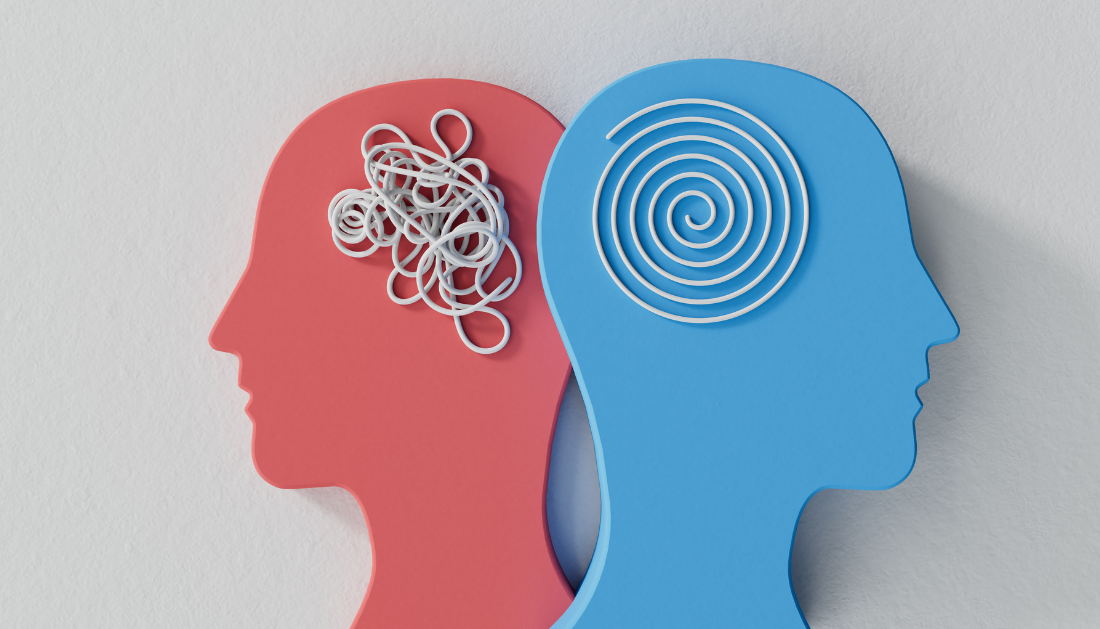

Groundbreaking research from NYU Langone Health reveals that psilocybin therapy when combined with psychotherapy, shows significant potential for improving mental health in cancer patients and facilitating lasting personality changes in individuals with alcohol use disorder. The findings from two studies, published in Nature Mental Health and The American Journal of Psychiatry, highlight psilocybin’s transformative therapeutic effects.
In the first study, psilocybin-assisted psychotherapy significantly reduced anxiety, depression, obsessive thoughts, and anger in cancer patients, with these improvements lasting up to six months. Conducted on 79 participants, the study compared groups receiving either psilocybin or a placebo (Vitamin B3 or low-dose psilocybin). Both groups underwent psychotherapy before and after dosing sessions and completed mental health assessments over six months. Importantly, the study reported no lasting paranoia or psychosis among participants, affirming it’s safety under medical supervision.
In the second study, psilocybin therapy demonstrated notable mental health improvements for those with alcohol use disorder. Participants receiving psilocybin displayed reduced impulsivity, depression, and emotional vulnerability, alongside increased emotional openness. These positive changes were observed up to seven months after treatment. Interestingly, men in the study reported increased positive emotions, while women exhibited heightened openness to experiences.
Lead researcher Dr. Broc Pagni emphasized the connection between reduced impulsivity and decreased likelihood of relapse, suggesting that psilocybin therapy strengthens emotional resilience during recovery.
However, researchers caution that psilocybin is not without risks. It can raise blood pressure, heart rate, and occasionally cause overwhelming psychological effects. Therefore, its use must remain confined to controlled medical settings under expert supervision.
Looking forward, researchers plan to extend their investigations into it’s potential for treating opioid use disorder and other mental health conditions.
This emerging research highlights psilocybin therapy’s transformative potential in mental health care, offering a new pathway for emotional healing and resilience for individuals battling cancer-related psychological distress and substance use disorders. Join Innovative Approaches in Psychiatric Care to learn more about the latest trends in psychiatry.
More Information: Pagni, B. A., et al. (2025). Multidimensional Personality Changes Following Psilocybin-Assisted Therapy in Patients With Alcohol Use Disorder: Results From a Double-Blind, Placebo-Controlled Clinical Trial. American Journal of Psychiatry. doi.org/10.1176/appi.ajp.20230887.
more recommended stories
 Brain’s Biological Age Emerges as Key Health Risk Indicator
Brain’s Biological Age Emerges as Key Health Risk IndicatorClinical Significance of Brain Age in.
 Children’s Health in the United States is Declining!
Children’s Health in the United States is Declining!Summary: A comprehensive analysis of U.S..
 Autoimmune Disorders: ADA2 as a Therapeutic Target
Autoimmune Disorders: ADA2 as a Therapeutic TargetAdenosine deaminase 2 (ADA2) has emerged.
 Is Prediabetes Reversible through Exercise?
Is Prediabetes Reversible through Exercise?150 Minutes of Weekly Exercise May.
 New Blood Cancer Model Unveils Drug Resistance
New Blood Cancer Model Unveils Drug ResistanceNew Lab Model Reveals Gene Mutation.
 Healthy Habits Slash Diverticulitis Risk in Half: Clinical Insights
Healthy Habits Slash Diverticulitis Risk in Half: Clinical InsightsHealthy Habits Slash Diverticulitis Risk in.
 Caffeine and SIDS: A New Prevention Theory
Caffeine and SIDS: A New Prevention TheoryFor the first time in decades,.
 Microbial Metabolites Reveal Health Insights
Microbial Metabolites Reveal Health InsightsThe human body is not just.
 Reelin and Cocaine Addiction: A Breakthrough Study
Reelin and Cocaine Addiction: A Breakthrough StudyA groundbreaking study from the University.
 Preeclampsia and Stroke Risk: Long-Term Effects
Preeclampsia and Stroke Risk: Long-Term EffectsPreeclampsia (PE) – a hypertensive disorder.

Leave a Comment